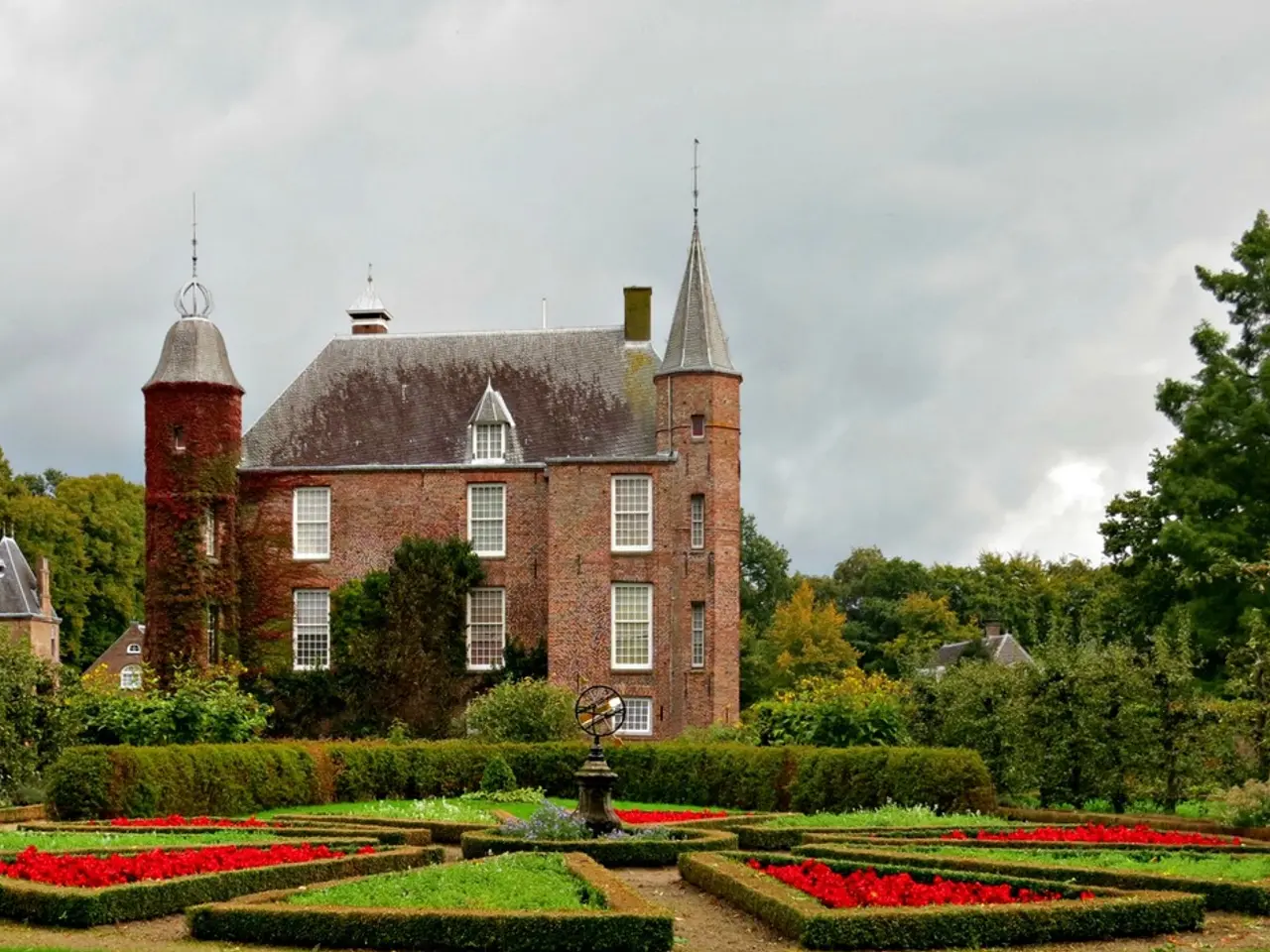Life Experiences at Risk: The Modern Age Diverging Technology and Human Wisdom in Valuing Life Lessons
In the modern era, technology has revolutionized almost every aspect of life, offering convenience, speed, and efficiency. However, a growing concern is the potential erosion of wisdom due to technology's prioritization of instant solutions [1]. To address this issue, we must intentionally integrate traditional wisdom with modern technological tools, foster adaptive leadership, and promote a culture of continuous learning and reflection.
One approach is leveraging technology to preserve and enhance wisdom. Digital technology and artificial intelligence (AI) can be used to document, preserve, and disseminate traditional wisdom rather than replace it [2]. By combining data-driven insights with deep contextual understanding, technology can augment human decision-making, rather than simply providing instant answers.
Modern organizational leadership must also balance rapid AI-driven decision-making with ethical leadership, transparency, and fairness [3]. Leaders should cultivate adaptive agility, encouraging reflection, learning from complex situations, and resisting the tendency to over-rely on quick fixes. This helps maintain the deeper strategic vision and human judgment essential to wisdom.
Building trust between humans and AI systems, redefining roles, and focusing on collaborative intelligence allows humans to maintain critical thinking skills and deep understanding instead of becoming passive consumers of instant solutions [3]. This continuous learning mindset enhances wisdom in decision-making.
Individuals and organizations can counter the erosion of wisdom by embedding practices that slow down decision-making processes where needed, encouraging deliberation, contextual analysis, and ethical considerations beyond immediate, surface-level answers.
Wisdom is something that grows over time, shaped by our experiences, choices, and reflections. It is not just about knowing facts; it's about understanding feelings, empathy, and the complex realities of life that can't be reduced to algorithms. The rise of technology has led to a generational disconnect, with younger generations gravitating towards technology for answers and overlooking the wisdom that older generations can provide [4].
To rekindle wisdom in the age of technology, fostering intergenerational communication is key. Podcasts and online forums are examples of digital platforms where wisdom and experience are shared in meaningful ways [5]. The quest for immediacy has led to a diminished appreciation for experiential wisdom, which is forged in the crucible of experience and life lessons. By valuing depth, ethics, and thoughtful application over speed and convenience, we can create a future that honors both innovation and the wisdom of the past.
References:
[1] To bridge the gap between technology and wisdom, we must prioritize reflection, encourage critical thinking, and create spaces for meaningful dialogue between generations. [2] The erosion of wisdom due to technology's prioritization of instant solutions in the modern era can be addressed by intentionally integrating traditional wisdom with modern technological tools, fostering adaptive leadership, and promoting a culture of continuous learning and reflection. [3] We must strive for a balance between using technology to enhance our lives while not losing sight of the lessons and wisdom that come from living a full, reflective life. [4] The constant bombardment of information and the speed at which we consume it often leaves little room for reflection, learning from experience, or building emotional intelligence. [5] Technology's dominance has resulted in a loss of appreciation for sitting down with elders to hear about their life experiences and lessons. [6] The quest for immediacy has led to a diminished appreciation for experiential wisdom, which is forged in the crucible of experience and life lessons. [7] Technology cannot replace the richness of life experience. [8] Artificial intelligence (AI) and machine learning lack emotional intelligence and nuanced understanding that comes from real human experience. [9] One way to rekindle wisdom in the age of technology is by fostering intergenerational communication. [10] Podcasts and online forums are examples of digital platforms where wisdom and experience are shared in meaningful ways. [11] Social media often promotes a superficial understanding of life, focusing on snapshots rather than deep narratives. [12] Wisdom is something that grows over time, shaped by our experiences, choices, and reflections. [13] The rise of technology has led to a generational disconnect, with younger generations gravitating towards technology for answers and overlooking the wisdom that older generations can provide. [14] Efficiency is prioritized in the digital age, with technology offering instant answers to complex questions, but this comes at the cost of depth and contemplation. [15] Wisdom is not just about knowing facts; it's about understanding feelings, empathy, and the complex realities of life that can't be reduced to algorithms. [16] Wisdom is not something that can be easily accessed through technology, as it is a product of personal experience and reflection.
Technology can be harnessed to augment human decision-making and enhance wisdom, blending data-driven insights with deep contextual understanding. For instance, digital platforms can be used to share wise insights from elder generations, helping bridge the generational disconnect caused by technology.
By integrating technology with education-and-self-development, we can foster intergenerational communication, promote a deeper understanding of life, and preserve traditional wisdom for future generations, ensuring the continuous growth of wisdom that transcends algorithms and instant solutions.




